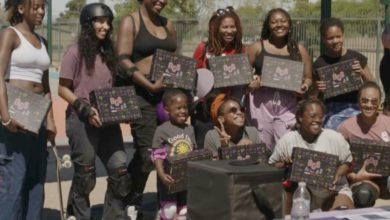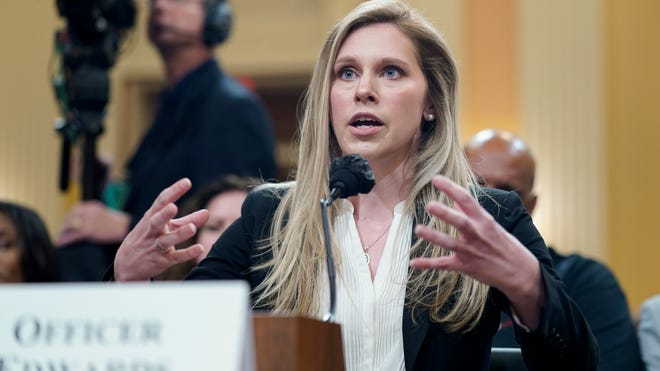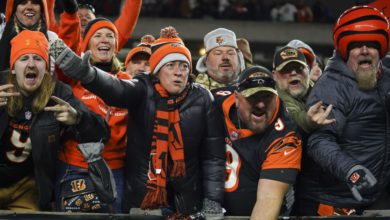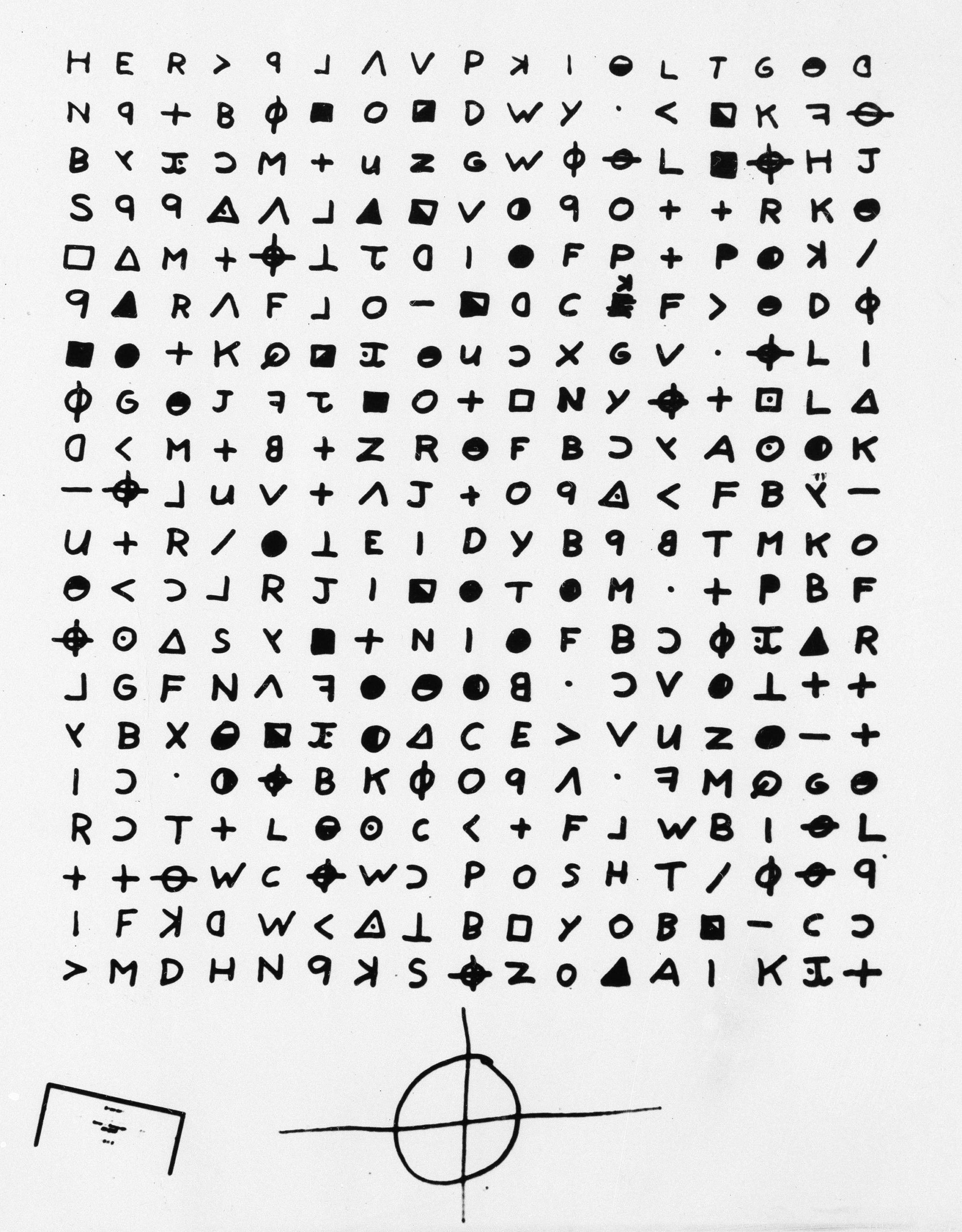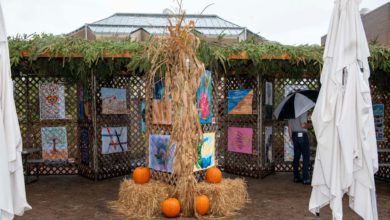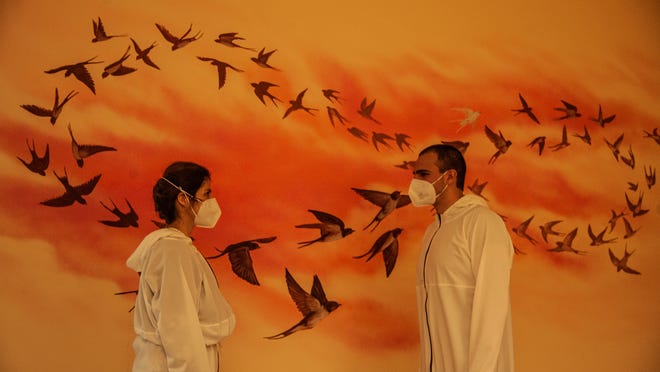
USA TODAY is keeping track of the news surrounding COVID-19 as a pair of vaccines join the U.S. fight against a virus that has killed more than 330,000 Americans since the first reported fatality in February. Keep refreshing this page for the latest updates on vaccine distribution, including who is getting the shots and where, as well as other COVID-19 news from across the USA TODAY Network. Sign up for our Coronavirus Watch newsletter for updates directly to your inbox, join our Facebook group or scroll through our in-depth answers to reader questions for everything you need to know about the coronavirus.
In the headlines:
►California Gov. Gavin Newsom said in a video posted on Facebook and Twitter Thursday that the number of Californians hospitalized because of the coronavirus could double in 30 days if current trends continue.
►South Korea, previously a success story in handling the coronavirus pandemic, is grappling with a severe uptick in cases during Christmas week: 1,241 on Christmas Day alone. That's the largest daily increase the nation has ever seen.
►The Duke women's basketball team is ending its 2020-21 season after just four games, as a result of concerns about the coronavirus pandemic, the school announced Friday evening.
►CNN reports that cases of the new strain of the coronavirus originating in the United Kingdom were announced in France and Spain on Christmas Day.
►Pope Francis made a plea on Christmas Day, urging “vaccines for everybody, especially for the most vulnerable and needy,” who should be first in line. Francis made the off-the-cuff remarks during his traditional "Urbi et Orbi" blessing.
►Japan has confirmed the country's first five cases of the new variant of the coronavirus that was identified in the United Kingdom. Health Minister Norihisa Tamura said the five people arrived from Britain from Dec. 18 to Dec. 21.This comes as the nation struggles to slow the coronavirus, as its capital city Tokyo reports a new high of 949 cases.
? Today's numbers: The U.S. has more than 18.7 million confirmed coronavirus cases and 330,000 deaths, according to Johns Hopkins University data. The global totals: More than 79 million cases and 1.7 million deaths.
Here's a closer look at today's top stories:
Hit hard by COVID, some indigenous people are hesitant to get a vaccine
For many, the promise of a vaccine offers hope and relief. But Josie Passes, a member of the Crow Tribe in Montana, is wary of its long-term consequences.
Though tribal communities have been disproportionately ravaged by COVID-19 nationwide, Passes is not alone in her reluctance. As tribes begin to receive and distribute COVID-19 vaccines, many tribal members hesitate to get immunized.
Some people fear Indigenous populations will be used as "guinea pigs," while others are reluctant to trust the Indian Health Service. Some feel invincible, as tribes have survived devastating diseases, like smallpox, and violent massacres. Many would prefer to wait and observe the effects of the vaccine as more people receive it.
Experts say this skepticism is warranted, as tribes have experienced disinvestment, incompetence and brutality at the hands of the federal government. The consequences of this neglect transcend generations and manifest today as systemic inequalities, many of which were further exposed by the COVID-19 pandemic. Read more here.
— Nora Mabie, Great Falls Tribune
Black doctor dies of COVID-19 after reporting racist treatment at hospital
A Black doctor who died of COVID-19 after weeks of battling the virus said she was mistreated and delayed proper care at an Indiana hospital because of her race. Dr. Susan Moore, 52, died Dec. 20 following multiple hospitalizations for complications from COVID-19, first at IU Health North and later at Ascencion-St. Vincent in Carmel, Indiana.
Her frustrations with the care provided at IU Health were chronicled on Facebook in multiple updates. The first came Dec. 4 when she said delays in her treatment and diagnosis were motivated by the color of her skin.
Citing patient privacy, an IU Health spokesperson declined to speak specifically to the case, but shared a written statement on behalf of IU Health North:
“As an organization committed to equity and reducing racial disparities in healthcare, we take accusations of discrimination very seriously and investigate every allegation," the statement reads. "Treatment options are often agreed upon and reviewed by medical experts from a variety of specialties, and we stand by the commitment and expertise of our caregivers and the quality of care delivered to our patients every day.”
– Justin L. Mack and Holly V. Hays, Indianapolis Star
Will small movie theaters survive a slow holiday season?
The COVID-19 crisis has devastated movie theater owners of all sizes, but small independent owners are feeling it more profoundly. Nationwide, a handful already have gone dark permanently and 70% of small- to midsize movie theaters are at risk of shutting down without federal aid, according to the National Association of Theater Owners (NATO).
Many are scrambling to survive with private screenings and popcorn specials, among other strategies. Their loss would be a big blow to America’s cultural life. They represent a major source of independently-produced, more serious art films. And in an age dominated by sleek multiplexes, their grand old, marquee-adorned theaters often provide the only entertainment in America’s small and rural towns.
Fortunately, salvation appears on the horizon. A little-noticed provision of the $900 billion COVID relief bill passed by Congress this week would provide $15 billion to struggling small movie theaters, live entertainment and performing arts venues, and museums. A last-minute lobbying campaign by NATO added movie theaters and $5 billion to theoretically cover their financial needs.
– Paul Davidson
His father developed the polio vaccine. This is what he thinks about COVID-19.
Dr. Peter Salk vaguely remembers the day he was vaccinated against polio in 1953. His father, Dr. Jonas Salk, made history by creating the polio vaccine at the University of Pittsburgh and inoculated his family as soon as he felt it was safe and effective.
Cases of polio peaked in the early 1950s, but it arrived every summer disabling an average of more than 35,000 people each year for decades, sometimes causing paralysis and death, according to the Centers for Disease Control and Prevention. Public officials closed swimming pools, movie theaters, amusement parks and other pastimes that naturally came with summer vacation.
Jonas Salk’s vaccine helped wipe polio from most of the world, something that many people hope will happen with the coronavirus vaccine. However, Salk warns eradicating polio from the United States was a long and difficult journey, and he doesn’t expect eliminating COVID-19 will be any easier.
“It’s going to be a long road, just even getting enough vaccines out to people around the world ... this virus does not respect borders,” said Salk, a doctor and a part-time professor of infectious diseases at the University of Pittsburgh, where his father developed the polio vaccine. “It travels by airplane everywhere in the world and unless this virus can be contained everywhere, it’s going to continue to spread and be a problem.”
– Adrianna Rodriguez
Contributing: The Associated Press
Source link


